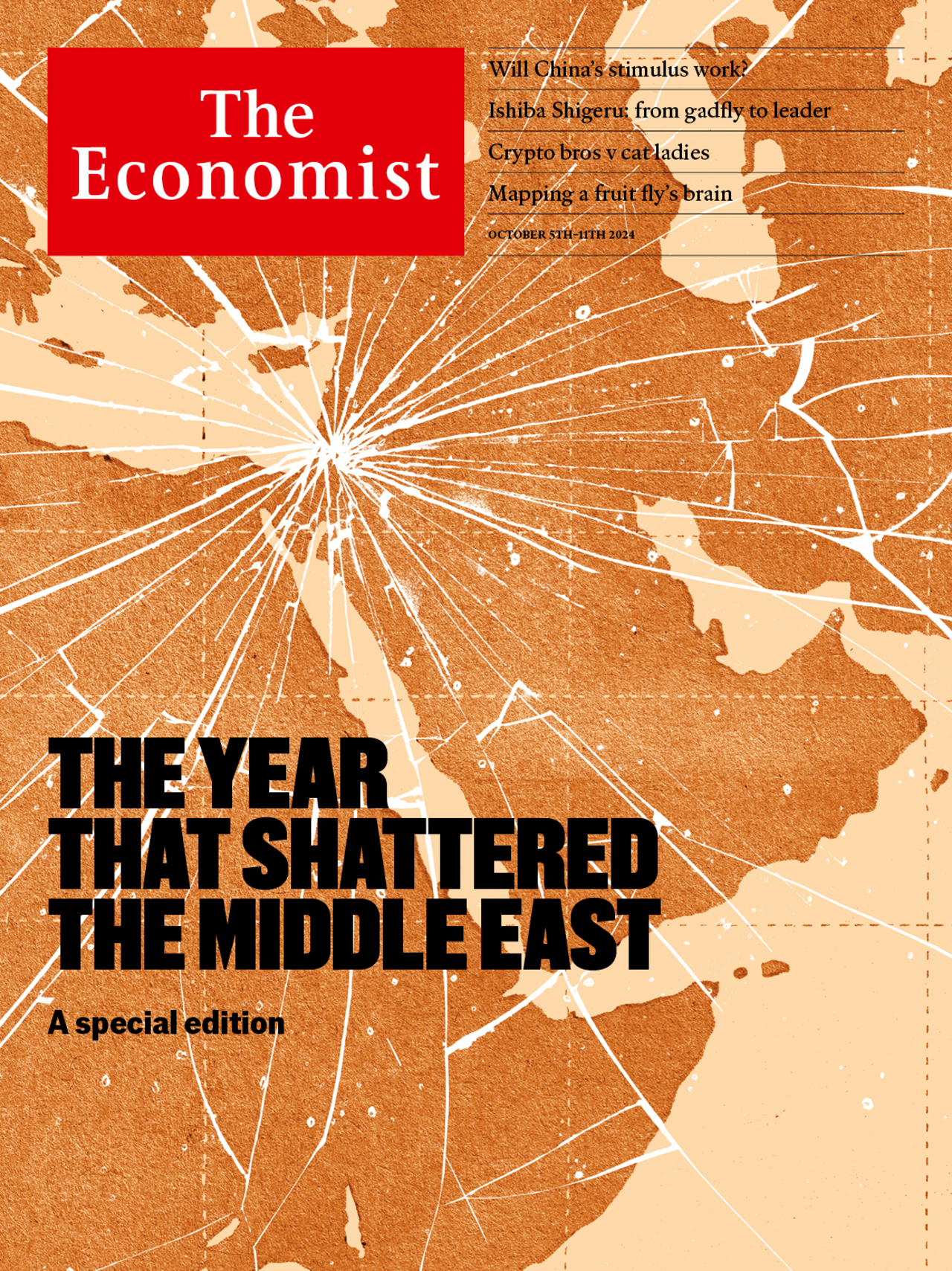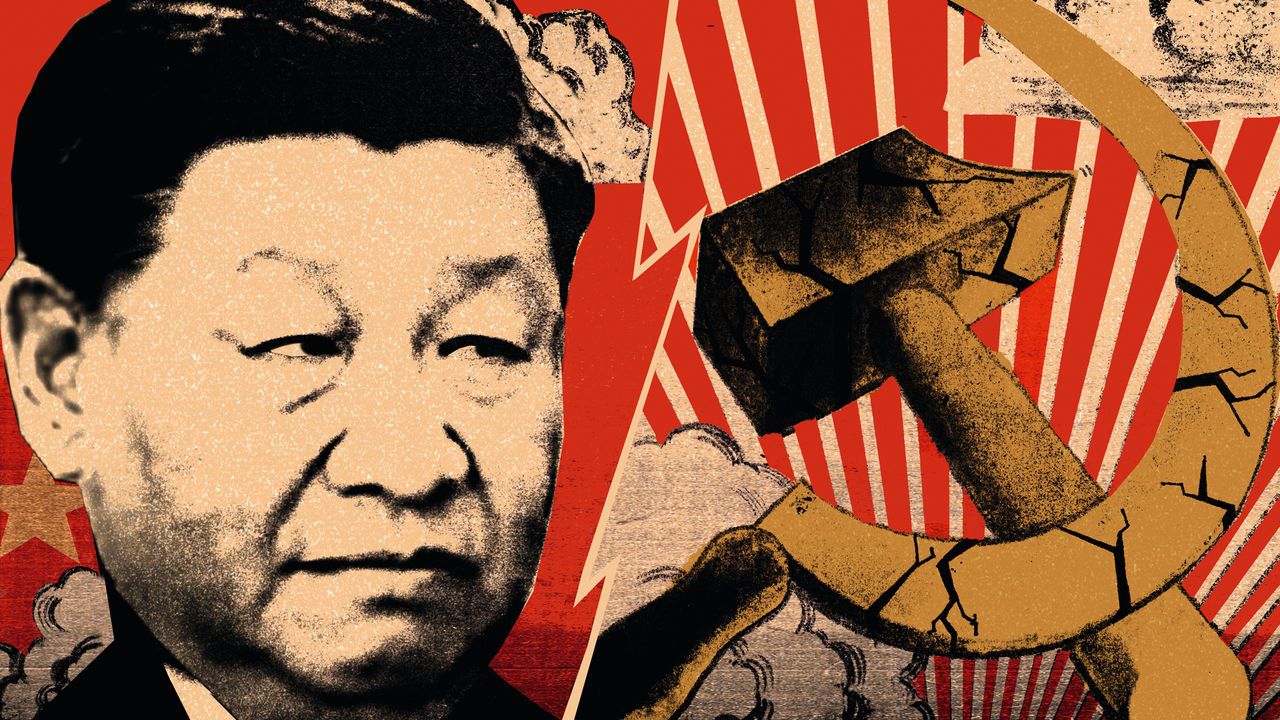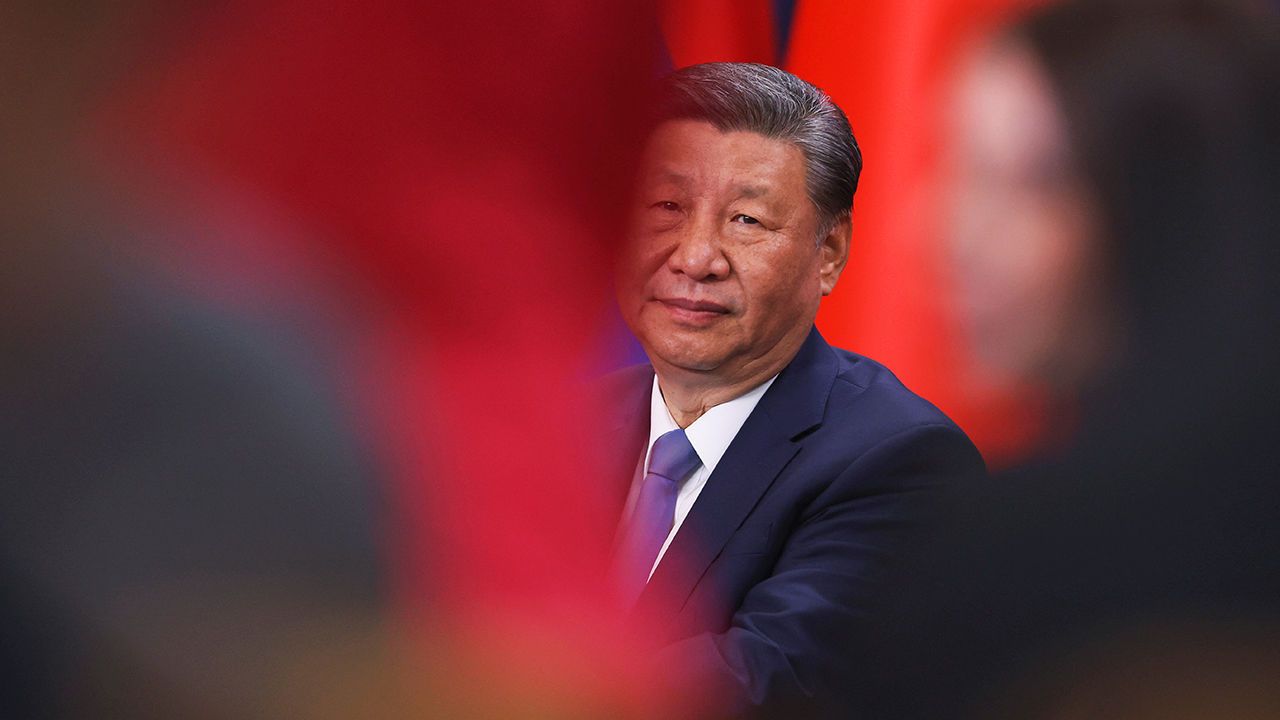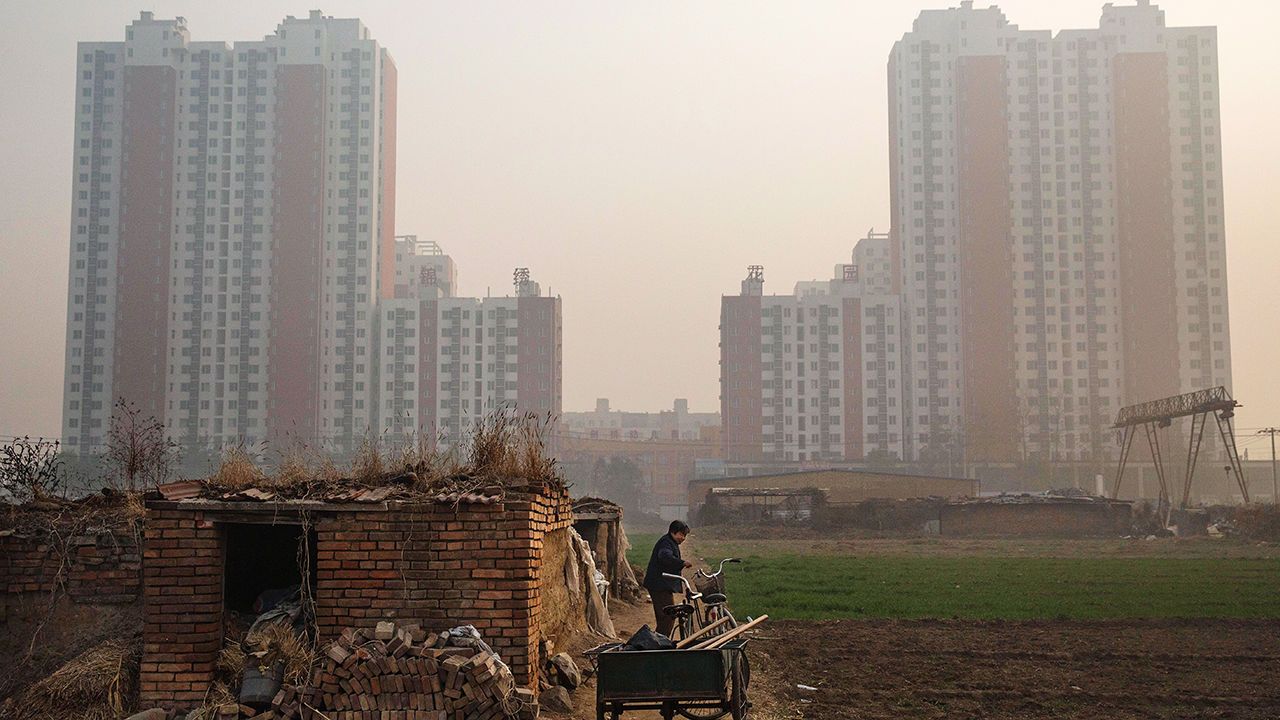Xi Jinping’s belated stimulus has reset the mood in Chinese markets
But can the buying frenzy last?
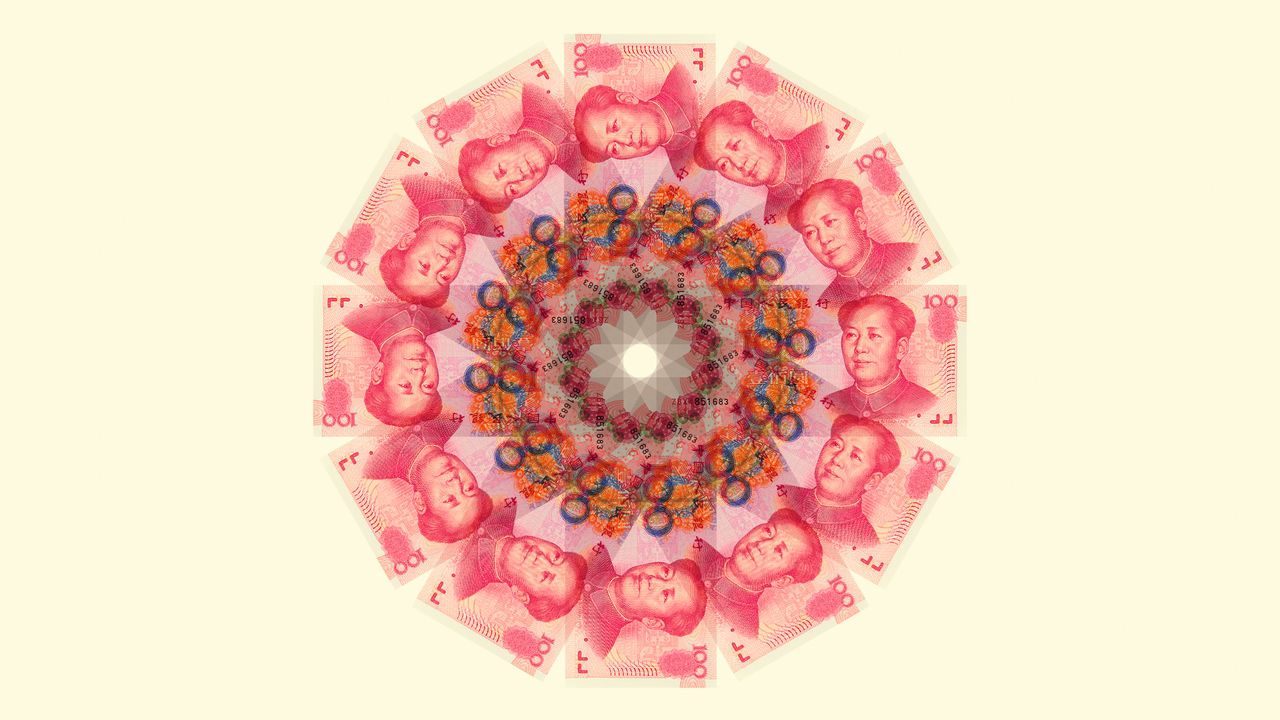
If Chinese retail investors had their way they would forgo the seven-day National Day holiday that ends on October 7th. An aggressive stimulus package, announced in Beijing on September 24th, has unleashed the biggest weekly stockmarket rally the country has witnessed in more than 15 years. Major indices have soared more than 25%; the Shanghai stock exchange has suffered glitches under the volume of buying activity. The prospect of halting for a full week has made netizens anxious: “We must keep trading; we must cancel National Day,” one young investor screamed into a video widely shared on WeChat, a social-media platform.
Explore more
This article appeared in the Finance & economics section of the print edition under the headline “Xi’s good-vibes rally”
Finance & economics October 5th 2024
- Xi Jinping’s belated stimulus has reset the mood in Chinese markets
- Why is Canada’s economy falling behind America’s?
- A tonne of public debt is never made public
- Can Andrea Orcel, Europe’s star banker, create a super-bank?
- The house-price supercycle is just getting going
- Why economic warfare nearly always misses its target
Discover more
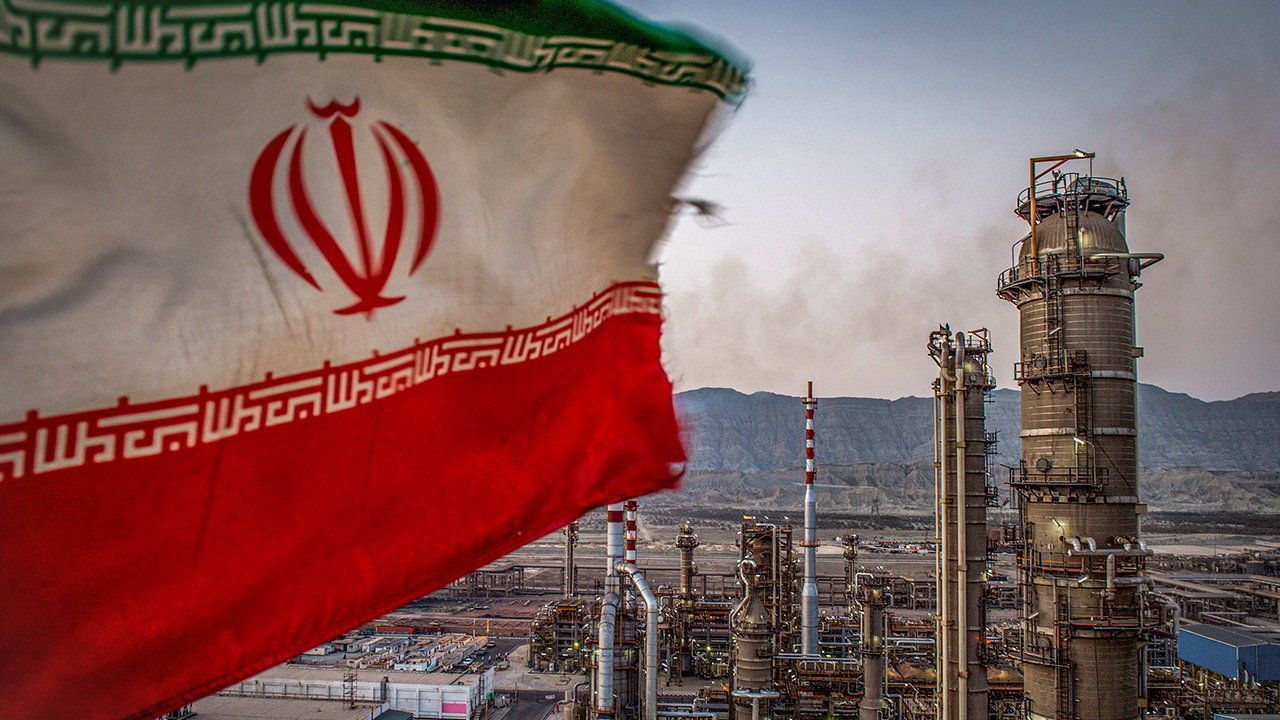
Could war in the Gulf push oil to $100 a barrel?
Missiles are flying over a region that supplies a third of the world’s crude

How bond investors soured on France
They now regard the euro zone’s second-largest economy as riskier than Spain

Can Andrea Orcel, Europe’s star banker, create a super-bank?
An interview with the boss of UniCredit
Why economic warfare nearly always misses its target
There is no such thing as a strategic commodity
A tonne of public debt is never made public
New research suggests governments routinely hide their borrowing
The house-price supercycle is just getting going
Why property prices could keep rising for years
